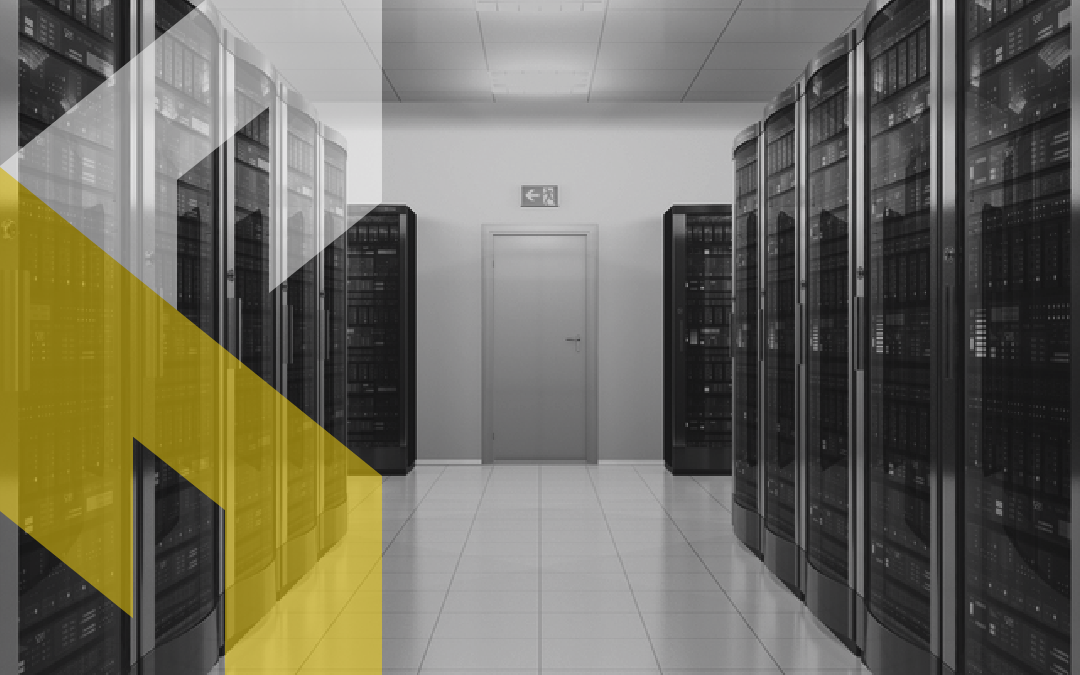Data centers have undergone significant changes in recent years as businesses have shifted from on-premises servers to larger physical infrastructure and multi-cloud environments to meet their IT needs. However, as the need for on-demand services continues to grow, data centers are also under increased pressure to reduce their carbon footprint and contribute to a sustainable future.
To achieve this goal, data centers are now conducting thorough evaluations of their resources and their impact on carbon emissions. By setting science-based targets, they can determine how much and how quickly they need to reduce their greenhouse gas emissions to prevent the worst effects of climate change. This allows data centres to take concrete steps towards a sustainable future and create a climate-secure world.
It is predicted that data centers could produce as much as 3.2% of global carbon emissions by 2025. As a result, investors, customers and other stakeholders are increasingly paying attention to environmental, social and governance (ESG) issues. Early-stage investors are using ESG metrics to screen and support investments, making it more important than ever for companies to address their environmental impact.
EBD Steel Doors is one company that is taking steps to address its impact on the environment. EBD started its sustainability journey several years ago by assessing the sustainable impact of its manufacturing processes, capital expenditure and supply chain management. The company took steps to reduce waste, costs and risks.
More recently, EBD invested in renewable energy and identified the most efficient solar system on the market: SolarEdge. The SolarEdge system maximises the generation of electricity by optimising the power generation from each module. The system was installed over the roof expanse of the manufacturing plant in Cardiff, Wales, with a total of 1625 PV modules of 748KWp.
EBD is clear that its sustainability strategy is not just about environmental credentials but is also an investment in putting the planet and people before profit. It aligns with their ISO 14001 Environmental Management System and meets the demands and needs of the data center sector internationally.
EBD’s commitment to sustainability can contribute to data centers’ efforts to reach net-zero emissions within their manufacturing infrastructure, processes and packaging.



